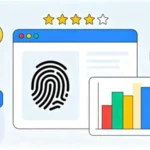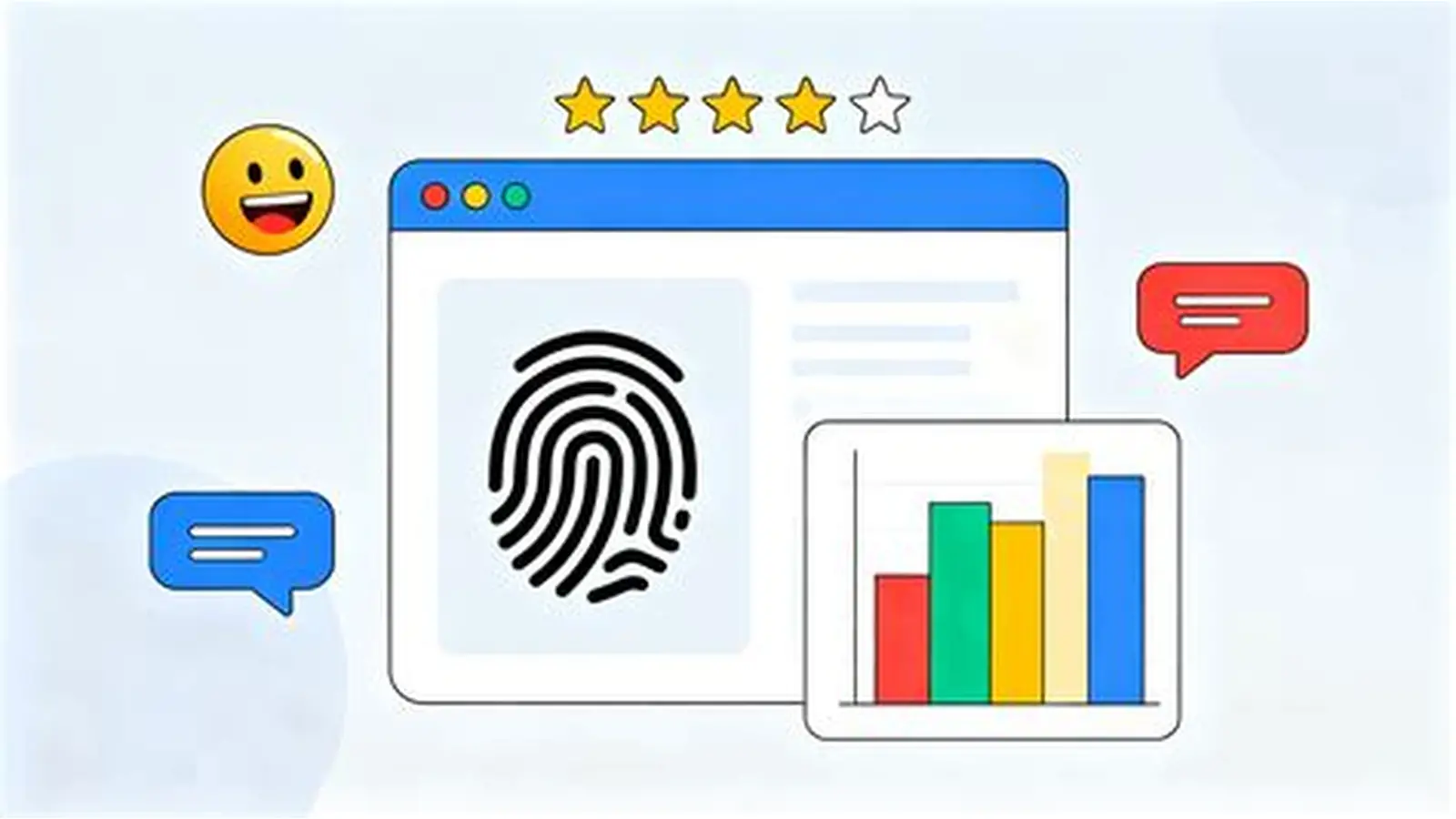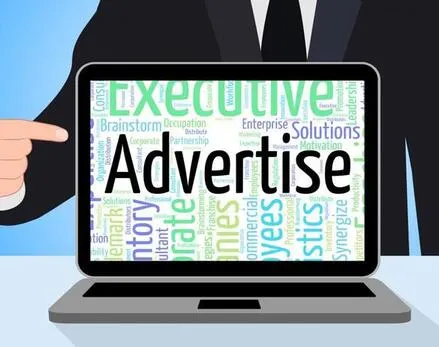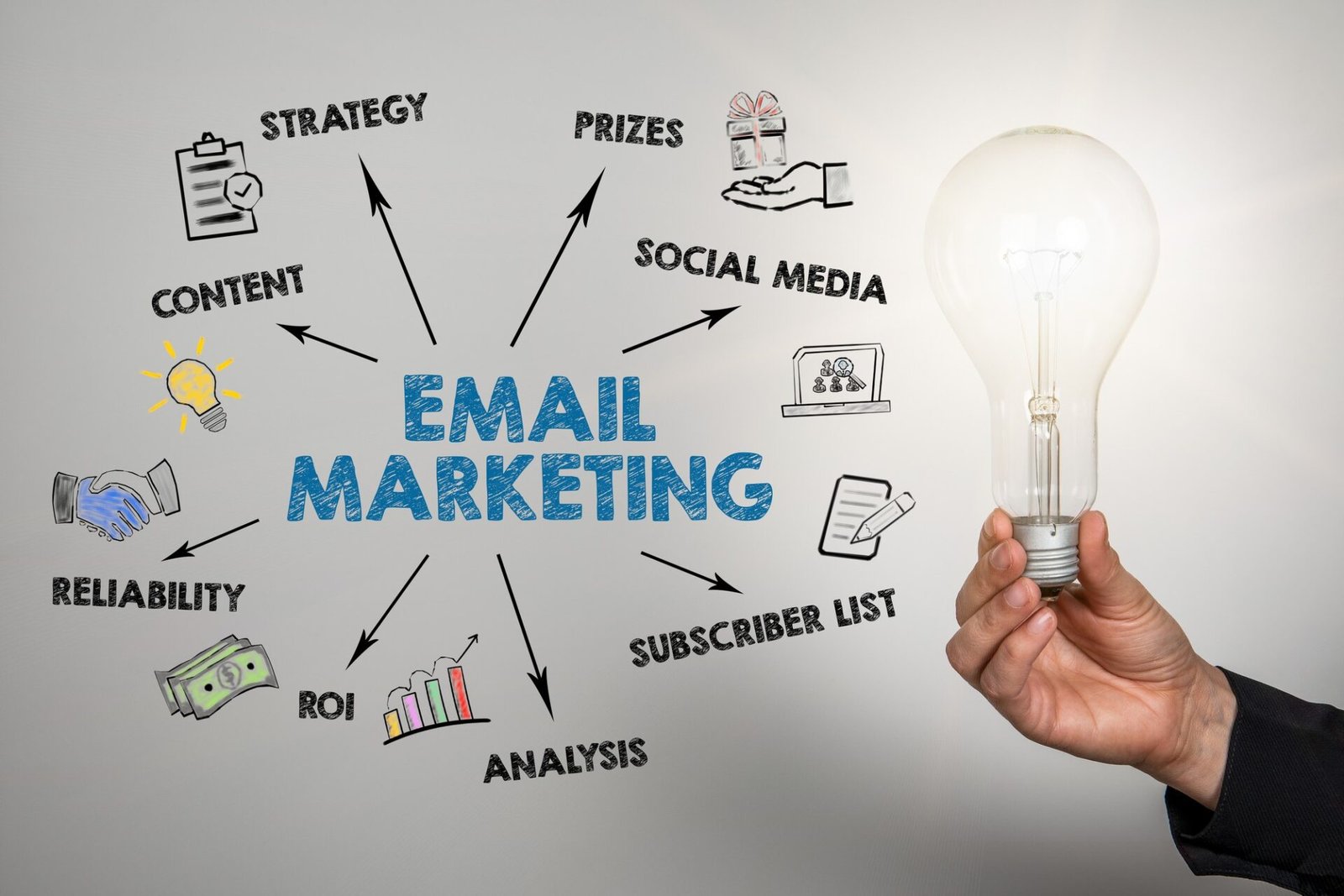In today’s fast-paced digital world, automation streamlines digital marketing campaigns by saving time and improving efficiency. Marketers face growing demands to manage multiple channels, create personalized content, and track performance metrics. Automation tools allow businesses to handle repetitive tasks without sacrificing quality. By integrating automated workflows, brands can deliver timely messages, nurture leads, and increase conversions. Ultimately, automation transforms marketing from a manual effort into a strategic, data-driven process that drives measurable results.
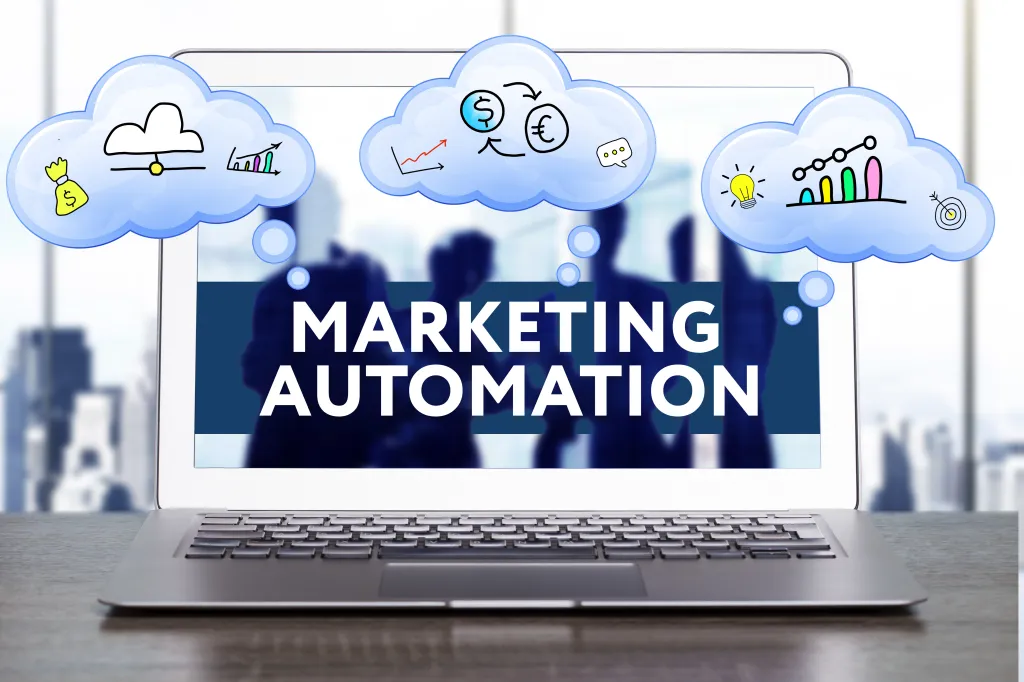
Simplifying Campaign Management
Managing multiple campaigns simultaneously can overwhelm even experienced marketers. Since automation streamlines digital marketing campaigns, it simplifies complex processes like scheduling posts, sending emails, and tracking results. Tools such as HubSpot, Mailchimp, and Marketo allow marketers to plan content calendars, launch campaigns, and monitor engagement with minimal manual effort. This simplification ensures consistency and accuracy while freeing teams to focus on strategy, creativity, and growth. Automation turns tedious management tasks into a seamless operation.
Personalization at Scale
Consumers expect tailored experiences across every channel. Fortunately, automation streamlines digital marketing campaigns by enabling large-scale personalization. Businesses can segment audiences based on behavior, demographics, or purchase history and deliver relevant messages automatically. For example, an abandoned cart email can trigger instantly for a specific customer. Automated personalization enhances engagement and builds trust while maintaining efficiency. By scaling personalization, brands can connect with each customer individually, even in campaigns that reach thousands of users.
Improving Lead Nurturing
Lead nurturing requires timely communication and consistent follow-up. Since automation streamlines digital marketing campaigns, businesses can guide prospects through the sales funnel without missing critical touchpoints. Automated workflows send targeted messages at the right time, moving leads from initial interest to conversion. This reduces the risk of lost opportunities and accelerates the sales process. Automation ensures that each lead receives a consistent, relevant experience, strengthening relationships and increasing the likelihood of repeat business.
Optimizing Social Media Efforts
Social media management benefits greatly from automation. Scheduling posts, monitoring engagement, and analyzing metrics can be streamlined with automated tools. Because automation streamlines digital marketing campaigns, marketers can maintain a consistent presence across multiple platforms without constant manual input. Automation also allows teams to test posting times, formats, and content strategies efficiently. By combining scheduling with analytics, social campaigns become more effective, reaching audiences when they are most active and receptive.
Email Marketing Made Efficient
Email remains one of the highest ROI channels, and automation enhances its effectiveness. Automated email campaigns send timely messages such as welcome sequences, product recommendations, and re-engagement reminders. Since automation streamlines digital marketing campaigns, marketers can maintain communication with subscribers without manual effort. Automation ensures that emails are delivered at optimal times, improving open and click-through rates. This combination of efficiency and precision makes email marketing more impactful and measurable.
Data-Driven Decision Making
Automation not only saves time but also provides valuable insights. Analytics integrated into automated platforms reveal which campaigns perform best, which messages resonate, and where improvements are needed. Because automation streamlines digital marketing campaigns, marketers can make informed decisions quickly and adjust strategies in real time. This data-driven approach ensures campaigns are optimized continuously, maximizing ROI. Automation turns performance metrics into actionable insights, helping businesses achieve more effective results with less effort.
Conclusion
In conclusion, automation streamlines digital marketing campaigns by enhancing efficiency, personalization, and scalability. From email marketing to social media management and lead nurturing, automated workflows simplify complex processes while improving results. By leveraging data and analytics, businesses can make smarter decisions and continuously optimize campaigns. Automation is no longer optional—it has become an essential component of modern digital strategy. Brands that embrace it can deliver timely, relevant, and impactful marketing experiences consistently.

